基础的C和C字符串函数实现:strlen、strcat、strcpy和strcmp的实现
 发布于2024-12-30 阅读(0)
发布于2024-12-30 阅读(0)
扫一扫,手机访问
实现C和C字符串函数 1 c实现: strlen strcat strcpy strcmp 2
size_t strlen(const char *s)
{
char *ts;
for(ts =s; *s; s++)
;
return s-ts;
}
char *strcpy(char *dest, const char *src)
{
char *ts =dest;
for(; *dest++ = *src++; )
;
return ts;
}
int strcmp(const char *s1, const char *s2) { for(; *s1 == *s2; s1++, s2++) if(*s1 == '\0') return 0; return ((unsigned *)*s1 < (unsigned *)*s2 ? -1 : 1); } char *strcat(char *dest, const char *src) { char *ts =dest; for(; *dest; ++dest) ; for(; *src; src++) *dest++ =*src; *dest='\0'; return ts; }
C语言字符串处理函数
其实那些字符串函数并不复杂。任何一个的实现都不出五行代码:
char *strcpy( char *dst, const char *src ) {
char *destination = dst;
while( *dst++ = *src++ )
;
return destination;
}
char *strcat( char *dst, const char *src ) {
char *destination = dst;
while( *dst++ )
;
strcpy( --dst, src );
return destination;
}
int strcmp( const char *s1, const char *s2 ) {
for( ; *s1 == *s2; s1++, s2++ )
if( *s1 == '\0' ) return 0;
return *s1 - *s2;
}
unsigned strlen( const char *s ) {
const char *t = s;
while( *t++ )
;
return --t - s;
}
C语言中有哪些字符串处理函数
你可以看一下头文件string.h和stdio.h里面的相关函数声明,好多好多。
这里就不一一列出了……比如下面列出的只是其中一部分……
_CRTIMP char * __cdecl strcpy(char *, const char *);
_CRTIMP char * __cdecl strcat(char *, const char *);
_CRTIMP int __cdecl strcmp(const char *, const char *);
_CRTIMP size_t __cdecl strlen(const char *);
_CRTIMP char * __cdecl strchr(const char *, int);
_CRTIMP int __cdecl _strcmpi(const char *, const char *);
_CRTIMP int __cdecl _stricmp(const char *, const char *);
_CRTIMP int __cdecl strcoll(const char *, const char *);
_CRTIMP int __cdecl _stricoll(const char *, const char *);
_CRTIMP int __cdecl _strncoll(const char *, const char *, size_t);
_CRTIMP int __cdecl _strnicoll(const char *, const char *, size_t);
_CRTIMP size_t __cdecl strcspn(const char *, const char *);
_CRTIMP char * __cdecl _strdup(const char *);
_CRTIMP char * __cdecl _strerror(const char *);
_CRTIMP char * __cdecl strerror(int);
_CRTIMP char * __cdecl _strlwr(char *);
_CRTIMP char * __cdecl strncat(char *, const char *, size_t);
_CRTIMP int __cdecl strncmp(const char *, const char *, size_t);
_CRTIMP int __cdecl _strnicmp(const char *, const char *, size_t);
_CRTIMP char * __cdecl strncpy(char *, const char *, size_t);
_CRTIMP char * __cdecl _strnset(char *, int, size_t);
_CRTIMP char * __cdecl strpbrk(const char *, const char *);
_CRTIMP char * __cdecl strrchr(const char *, int);
_CRTIMP char * __cdecl _strrev(char *);
_CRTIMP size_t __cdecl strspn(const char *, const char *);
_CRTIMP char * __cdecl strstr(const char *, const char *);
_CRTIMP char * __cdecl strtok(char *, const char *);
_CRTIMP char * __cdecl _strupr(char *);
_CRTIMP size_t __cdecl strxfrm (char *, const char *, size_t);
产品推荐
-

售后无忧
立即购买>- DAEMON Tools Lite 10【序列号终身授权 + 中文版 + Win】
-
¥150.00
office旗舰店
-

售后无忧
立即购买>- DAEMON Tools Ultra 5【序列号终身授权 + 中文版 + Win】
-
¥198.00
office旗舰店
-

售后无忧
立即购买>- DAEMON Tools Pro 8【序列号终身授权 + 中文版 + Win】
-
¥189.00
office旗舰店
-

售后无忧
立即购买>- CorelDRAW X8 简体中文【标准版 + Win】
-
¥1788.00
office旗舰店
-
 正版软件
正版软件
- 更改Linux系统中用户的信息的方法
- 标题:Linux系统用户信息修改步骤及代码示例在Linux系统中,用户管理是至关重要的任务,其中包括用户的创建、修改和删除。下面将详细介绍在Linux系统中如何修改用户信息的步骤,同时提供相应的代码示例,以帮助读者更好地理解和掌握这些操作。一、修改用户信息的步骤:登录系统:首先,使用管理员账号登录Linux系统,以便进行用户信息的修改操作。查看用户信息:在终端中输入以下命令,可以查看当前系统中的所有用户信息:cat/etc/passwd登录后复制修改用户信息:使用以下命令修改用户的信息,其中’
- 9分钟前 Linux 用户 修改 0
-
 正版软件
正版软件
- 快速学会在Linux中更改用户信息
- 熟练掌握Linux中用户信息的修改是系统管理员必备的技能之一。在Linux操作系统中,用户和用户组的管理是日常操作中不可或缺的部分。本文旨在指导读者快速学习Linux中用户信息的修改,并提供相关代码示例。通过掌握这些技能,系统管理员能够更有效地管理用户账户和权限,确保系统安全性和稳定性。1.查看当前用户信息在修改用户信息之前,必须先查看系统中已有的用户信息。可通过以下指令进行查询:cat/etc/passwd登录后复制这条命令会列出系统中的所有用户信息,包括用户名、用户ID、组ID、家目录等。2.修改用户
- 24分钟前 Linux 用户 修改 0
-
 正版软件
正版软件
- Ubuntu Linux 发行版如何录制流媒体音频
- 如何在Ubuntu和其他Linux发行版中录制音频?如果您想通过计算机的麦克风录制画外音,可以使用GNOME录音机或Audacity。使用GNOME录音机操作简单易懂,但功能较为有限。而对于Audacity,初次接触可能会感到有些吃力,但其拥有许多高级的录音功能。然而,在本教程中不会深入探讨这一点。GNOME录音机可以与麦克风配合使用。另外,还有一种称为录音机的工具,不仅可以使用麦克风输入,还可以录制流媒体音乐。在本教程中,我们将向您展示以下步骤如何使用GNOME录音机录制声音,使用AudioRecord
- 39分钟前 GNOME 录音机 录制 0
-
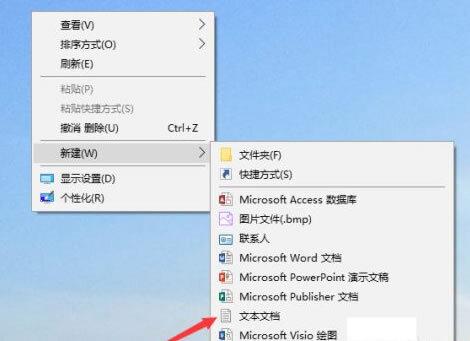 正版软件
正版软件
- Win10系统缺少默认的图片查看工具怎么办
- win10系统自带有看图工具,能够让用户非常快速的查看电脑中的图片,但是还是有很多用户发现电脑中的看图工具不见了,需要重新下载其他应用,今天小编帮助大家解决这个问题。win10自带看图工具不见了怎么办1、首先用户需要在桌面上新建一个文本文件。2、打开文本文件,并将下方的代码复制进去。WindowsRegistryEditorVersion5.00;ChangeExtension'sFileType[HKEY_CURRENT_USER\Software\Classes\.jpg]@="PhotoViewer
- 53分钟前 看图 win10 0
-
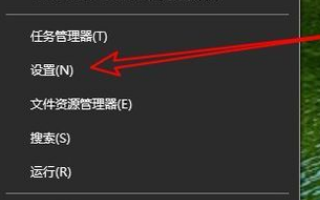 正版软件
正版软件
- 如何在Windows 10教育版中设置任务栏图标显示
- win10教育版给予了用户极大自由度,可以自由的设定任务栏上的图标,用户能够直接通过任务栏打开软件,非常方便,可由于很多用户不知道如何设置,今天小编帮助大家解决这个问题。win10教育版如何设置显示任务栏图标1、首先需要点击桌面左下角的开始按钮,在窗口中选择“设置”选项。2、进入系统设置界面中找到并点击“个性化”按钮。3、在弹出的窗口中点击界面左侧的“任务栏”选项。4、然后在右边能够看到名为“选择哪些图标显示在任务栏上”的按钮。5、随后进入“选择哪些图标显示在任务栏上”界面,在界面中点击“通知区域始终显示
- 1小时前 22:40 win10 教育版 0
最新发布
-
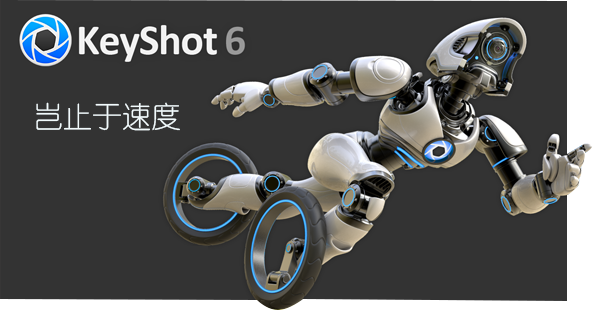 1
1
- KeyShot支持的文件格式一览
- 1787天前
-
 2
2
- 优动漫PAINT试用版和完整版区别介绍
- 1827天前
-
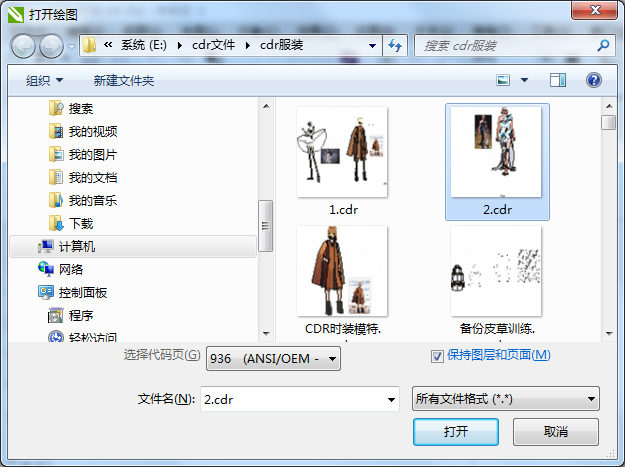 3
3
- CDR高版本转换为低版本
- 1972天前
-
 4
4
- 优动漫导入ps图层的方法教程
- 1827天前
-
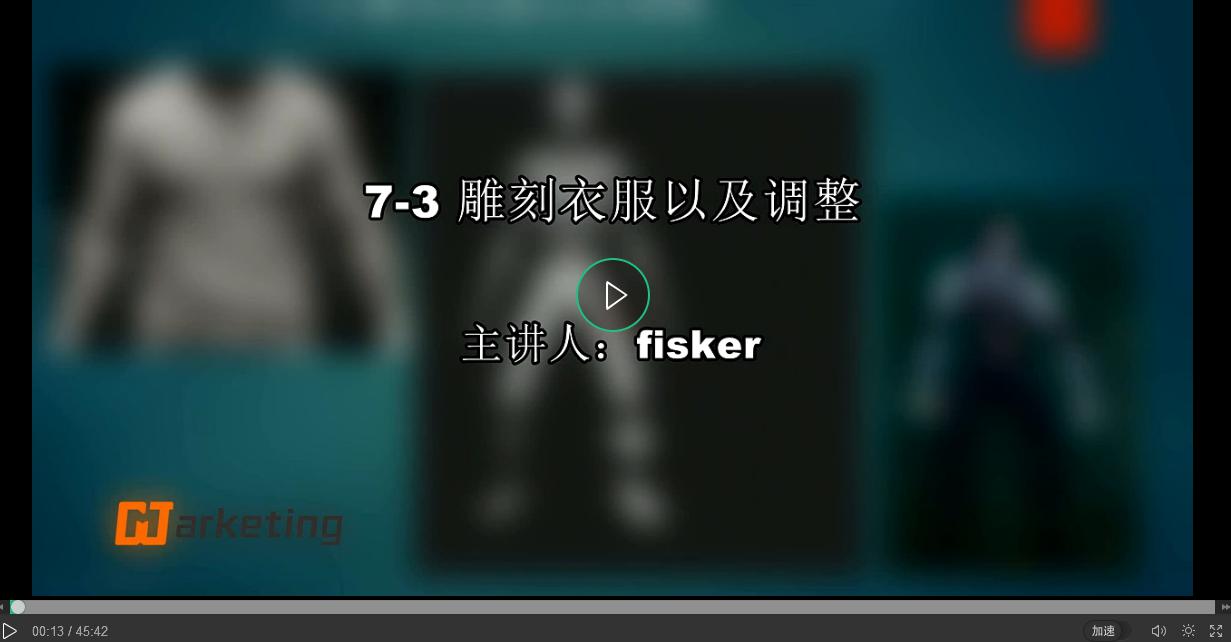 5
5
- ZBrush雕刻衣服以及调整方法教程
- 1823天前
-
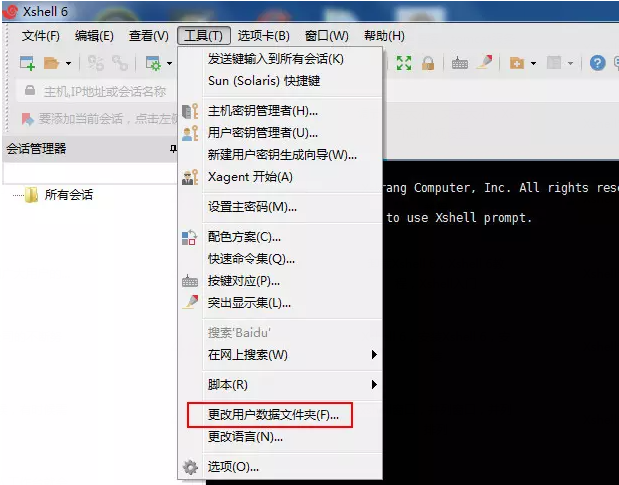 6
6
- 修改Xshell默认存储路径的方法教程
- 1838天前
-
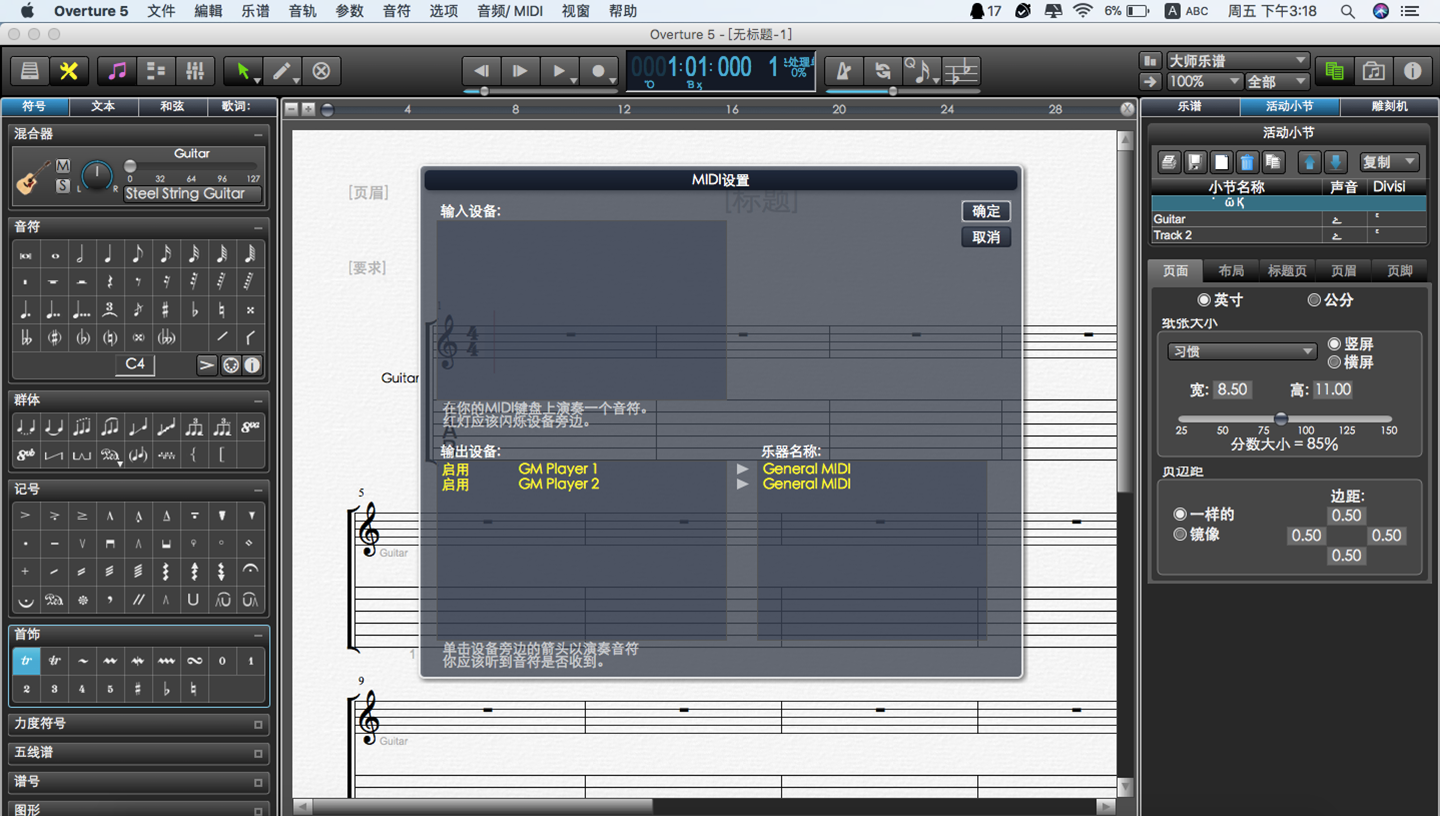 7
7
- Overture设置一个音轨两个声部的操作教程
- 1816天前
-
 8
8
- PhotoZoom Pro功能和系统要求简介
- 1992天前
-
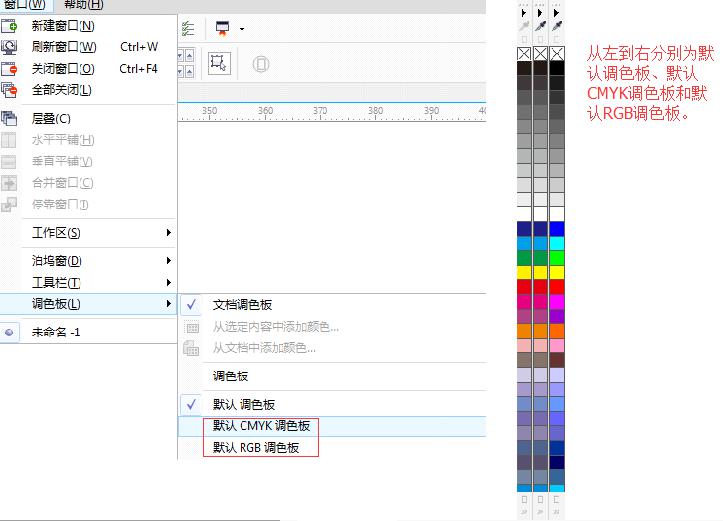 9
9
- CorelDRAW添加移动和关闭调色板操作方法
- 1865天前
相关推荐
热门关注
-
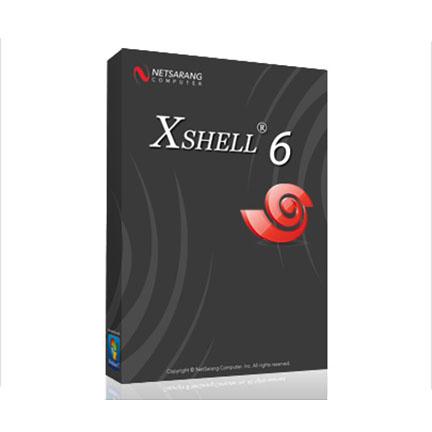
- Xshell 6 简体中文
- ¥899.00-¥1149.00
-

- DaVinci Resolve Studio 16 简体中文
- ¥2550.00-¥2550.00
-

- Camtasia 2019 简体中文
- ¥689.00-¥689.00
-

- Luminar 3 简体中文
- ¥288.00-¥288.00
-

- Apowersoft 录屏王 简体中文
- ¥129.00-¥339.00